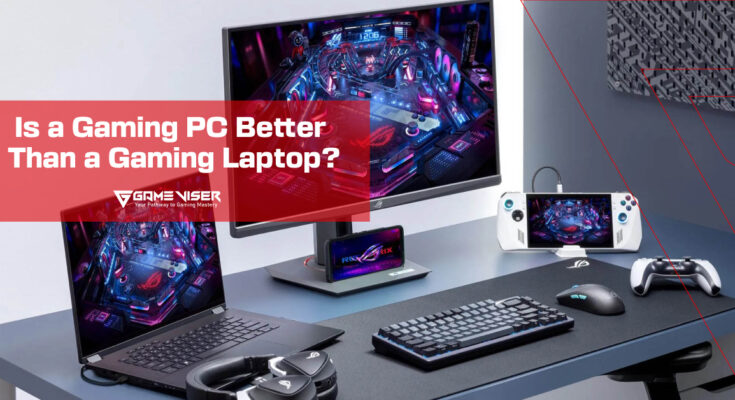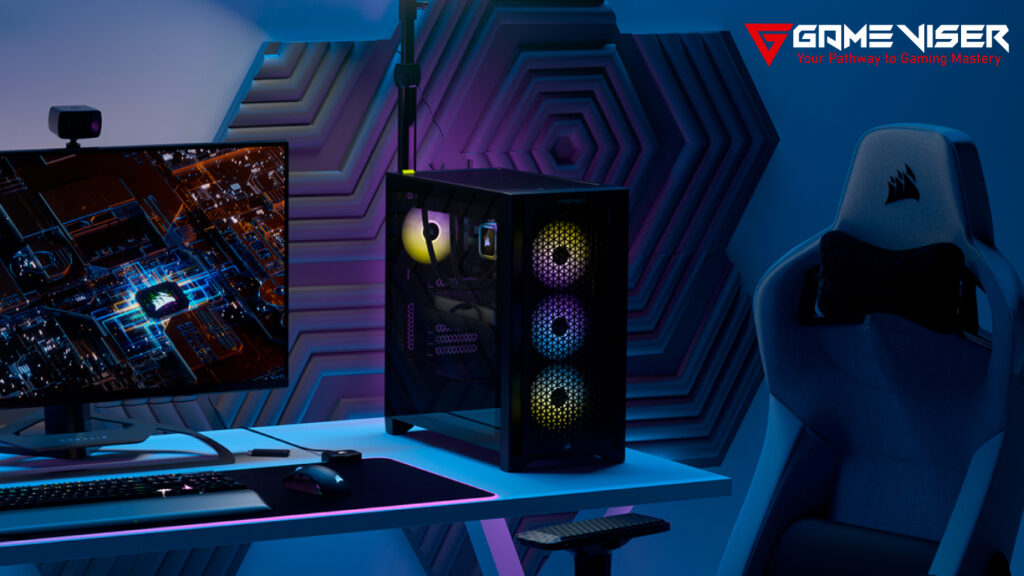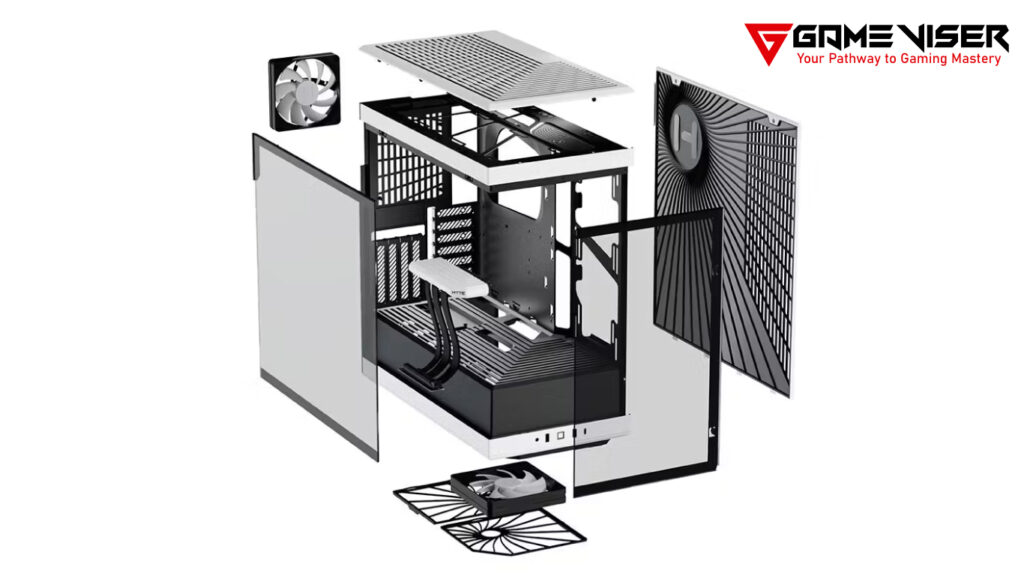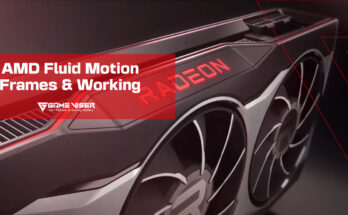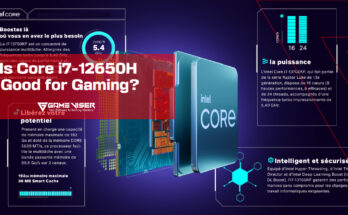Confused about choosing between a gaming PC and a gaming laptop? This detailed guide compares performance, portability, cost, and more to help you decide.
Table of Contents
Introduction
Choosing between a gaming PC and a gaming laptop is a common dilemma for gamers and tech enthusiasts alike. Both options offer unique features and benefits, but they also have limitations that can influence the decision-making process. This comprehensive guide explores the key differences between gaming PCs and gaming laptops, helping you decide which option suits your needs.
What Is a Gaming PC?
A gaming PC is a desktop computer built for optimal gaming performance. It typically includes powerful components such as high-performance GPUs (Graphics Processing Units), multi-core CPUs (Central Processing Units), high-capacity RAM, and large storage options. Gaming PCs are designed for heavy workloads and are capable of running graphically intensive games smoothly.
What sets a gaming PC apart is its customizability. Enthusiasts can assemble their own PCs by selecting individual components or buying pre-built systems. Additionally, gaming PCs are known for their robust cooling systems, ensuring consistent performance during long gaming sessions. They are ideal for users who prioritize raw power and an immersive gaming experience over portability.
What Is a Gaming Laptop?
A gaming laptop, on the other hand, is a portable gaming solution. Unlike traditional laptops, gaming laptops are equipped with dedicated GPUs, high-refresh-rate displays, and advanced cooling mechanisms. They are designed to deliver excellent gaming performance while maintaining portability.
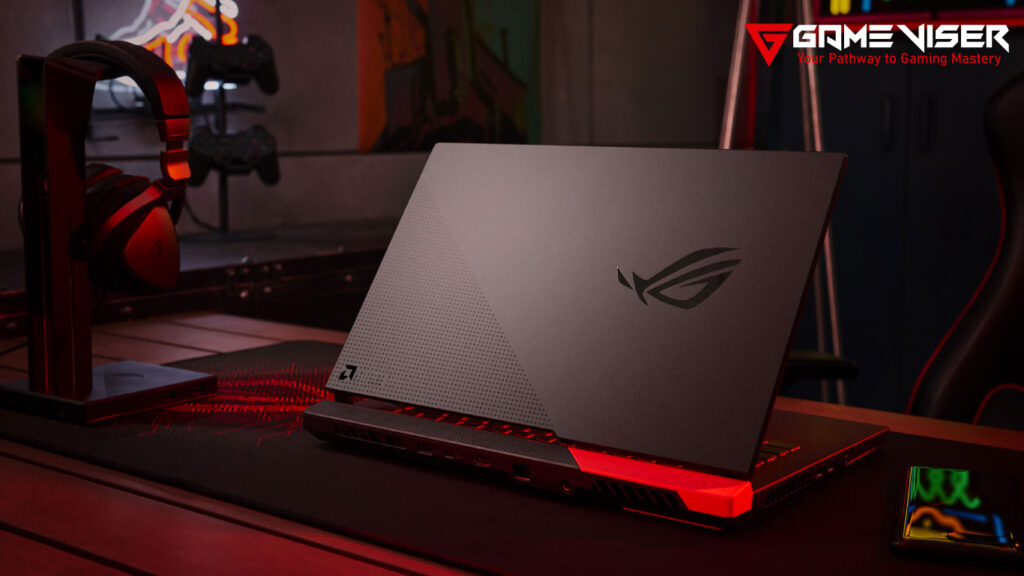
Modern gaming laptops are slimmer, more lightweight, and offer comparable performance to some gaming PCs. They are an all-in-one package with a built-in keyboard, trackpad, and screen, making them convenient for gamers who value mobility. However, their compact design can limit upgradability and may lead to thermal constraints during prolonged use.
Performance
Gaming PC Performance
Gaming PCs are renowned for their superior performance. Thanks to their larger chassis, they can house powerful GPUs like the NVIDIA GeForce RTX 40 series and AMD Radeon 7000 series. High-end CPUs like the Intel Core i9 or AMD Ryzen 9 further enhance performance. This allows gaming PCs to handle demanding tasks such as 4K gaming, virtual reality (VR), and multitasking without breaking a sweat.
Additionally, gaming PCs benefit from better cooling systems. Tower cases allow for efficient airflow, reducing the risk of overheating and thermal throttling. As a result, gaming PCs can sustain maximum performance for extended gaming sessions.
Gaming Laptop Performance
Gaming laptops are built to deliver a balance between performance and portability. While modern gaming laptops feature powerful GPUs and CPUs, their performance is slightly limited due to thermal and power constraints. This makes them suitable for casual and competitive gaming but less ideal for resource-intensive tasks like 3D rendering or 4K gaming.
Thermal throttling, where the hardware reduces performance to prevent overheating, is a common issue in gaming laptops. Despite these limitations, gaming laptops are capable of handling most AAA games at medium to high settings.

Portability
Gaming PCs
Gaming PCs are not portable. They require a dedicated setup that includes external peripherals such as a monitor, keyboard, mouse, and speakers. This makes them ideal for users who game at home and do not need mobility.
Gaming Laptops
Portability is the hallmark of gaming laptops. They are designed to be compact, lightweight, and easy to carry. Gamers who travel frequently or prefer gaming in different locations will appreciate the convenience of a gaming laptop. However, the smaller size often comes at the cost of performance and upgradability.
Customization and Upgradability
Gaming PCs
One of the standout features of gaming PCs is their customizability. Users can select components based on their preferences, budget, and gaming requirements. From high-performance GPUs to aesthetic RGB lighting, gaming PCs offer endless possibilities for personalization.
Upgradability is another significant advantage. If a component becomes outdated, it can be replaced without needing to buy a new system. This extends the lifespan of gaming PCs, making them a cost-effective choice in the long run.
Gaming Laptops
Customization options for gaming laptops are limited. While some models allow upgrades to RAM or storage, core components like the GPU and CPU are usually soldered onto the motherboard. As a result, gaming laptops may become obsolete faster than gaming PCs.
Cost Considerations
Gaming PCs
Gaming PCs typically have a higher upfront cost, especially if built with premium components. However, they offer better value over time due to their upgradability and longer lifespan. Entry-level gaming PCs can also be built on a budget, offering decent performance for casual gaming.
Gaming Laptops
Gaming laptops are generally more expensive than gaming PCs with similar specifications. The added cost is due to the compact design, portability, and integration of advanced cooling systems. Repairs and component replacements can also be costly, further increasing the long-term expenses.
Longevity and Durability
Gaming PCs
Gaming PCs are built to last. Their modular design allows users to replace or upgrade components as needed, ensuring the system stays relevant for years. The robust cooling mechanisms in gaming PCs also reduce wear and tear caused by overheating.
Gaming Laptops
While gaming laptops are durable, their compact design can lead to overheating and hardware degradation over time. Limited upgradability means users may need to replace the entire laptop once it becomes outdated.
Which Is Better for You?
The choice between a gaming PC and a gaming laptop ultimately depends on your needs and preferences.
Choose a Gaming PC if:
- You prioritize performance and graphics quality.
- You want to customize and upgrade your system.
- You have a dedicated gaming setup at home.
Choose a Gaming Laptop if:
- Portability is essential for your lifestyle.
- You need an all-in-one gaming solution.
- Space constraints prevent you from setting up a desktop system.
Conclusion
Both gaming PCs and gaming laptops have their pros and cons. While gaming PCs excel in performance, upgradability, and cost-effectiveness, gaming laptops stand out for their portability and convenience. Consider your gaming habits, budget, and long-term goals when making your decision.
FAQs
Is a gaming PC more powerful than a gaming laptop?
Yes, gaming PCs are generally more powerful due to larger components and better cooling systems.
Are gaming laptops good for long gaming sessions?
They can handle long sessions but may experience thermal throttling due to limited cooling.
Which is more cost-effective: a gaming PC or a gaming laptop?
Gaming PCs are more cost-effective in the long run due to upgradability and longer lifespan.
Can I upgrade a gaming laptop like a gaming PC?
Gaming laptops have limited upgrade options, usually only for RAM and storage.
Are gaming PCs portable?
No, gaming PCs are designed for stationary setups and are not portable.
Which is better for casual gamers: a gaming PC or a gaming laptop?
Gaming laptops are better for casual gamers who need portability and convenience.

